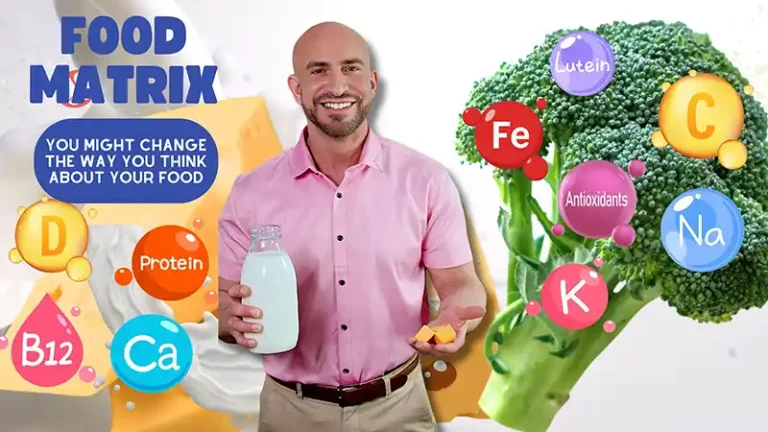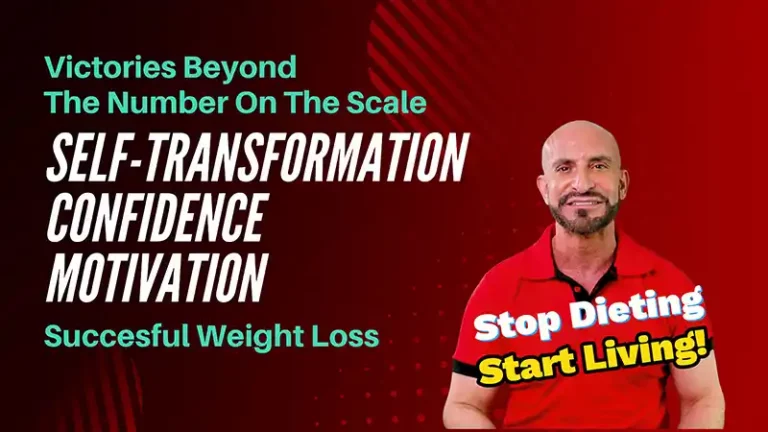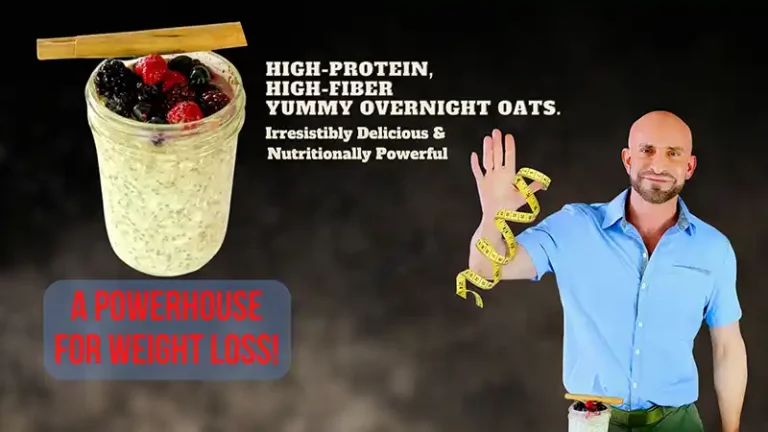As a dietitian who has helped thousands of people reached their weight loss goals, I have developed an online weight loss program. This program focuses on the importance of counting food rather than counting calories. The program is based on an individual’s energy needs and a percentage macronutrient distribution. The distribution of the food groups provides a balanced approach to weight loss with the right amounts of protein, carbohydrates (grains, fruits, vegetables) and fats.
However, I still get asked why I do not just focus on calories based on the common perception that “a calorie is a calorie.” Calories, contrary to popular belief, are not all the same. Unfortunately, this mantra perpetuates the idea that calories are the single most important component of a persons diet. While every calorie may provide the same amount of energy, they do in fact differ quite a bit. Frankly, at the end of the day, calories do count, but where they come from may cause significant differences in terms of weight loss and overall health. For the sake of clarification, I’m going to summarize these differences in four points:
Macronutrients vs. Micronutrients
Every food contains a unique macronutrient and micronutrient content. Macronutrients are comprised of proteins, carbohydrates, and fats, all of which provide us with energy. Micronutrients include vitamins, minerals, antioxidants, and phytochemicals, which benefit our overall health for a multitude of reasons too lengthy to mention here. Regardless, one must aim to balance the consumption of both. Also, keep in mind that while macronutrients are needed in grams, micronutrients are needed in much smaller amounts, hence why they are often measured in milligrams or micrograms. Not consuming enough micronutrients can ultimately slow your metabolism since many vitamins and minerals play a role in an efficient metabolism.
To further illustrate the difference between the two, let’s think about types of rice. A cup of brown rice and a cup of white rice have roughly the same calorie content, so their macronutrient composition is actually quite similar. However, the two foods differ with respect to micronutrient makeup since brown rice has additional vitamin, mineral, and phytonutrient content that white rice fails to offer. Indeed, you can lose weight with both types of rice, but given that brown rice has more micronutrients, in the long run it can promote better weight loss due to fueling an efficient metabolism. In addition, brown rice has fiber that can help keep you fuller longer.
Satiety
Satiety is the state of feeling full and satisfied. This is an important component while in a weight loss program. One of the biggest fears people run into when confronting weight loss is feeling hungry throughout the day. The key to satisfying this hunger is meal composition. Protein and fiber are nutrients that have been proven to promote satiety the longest due to their long digestive processes. Whereas simple carbohydrates digest quickly, which causes you to be hungry again sooner.
Let’s pretend that two individuals sit down for a meal, both equal in calories. With one eating a plate of salmon, broccoli, and quinoa, while the other individual eats a plate solely comprised of chocolate cake. The salmon, broccoli, and quinoa dish offers various vitamins and minerals in addition to protein and fiber. Chocolate cake, on the other hand, fails to offer much benefit in terms of micronutrients, and will digest quickly since it largely lacks protein and fiber. As a result, you would feel hungry a short while later due to its rapid digestion. Technically, you could lose weight by only eating a 500-calorie meal of chocolate cake as part of your day, but you would constantly feel unsatisfied and craving more food. However, a 500-calorie meal of the salmon, broccoli and quinoa dish would promote satiety for a much longer period of time, causing you to eat less throughout the day.
Hormonal Responses
Eating 400 calories of cookies versus eating 400 calories of a balanced meal will stall your weight loss over time. This may not apply to all, but definitely for those who are experiencing insulin resistance which can be likely with those with larger waistlines. The composition of your meal is important because your metabolic hormones will respond differently to different macronutrients, even creating a vicious cycle. A meal that is high in simple carbohydrates will spike up your insulin in response the rising levels of glucose in your blood. However, because your body is experiencing insulin resistance, your insulin levels will stay elevated longer which creates a vicious cycle due to the insulin storing fat around your waistline which generates more insulin resistance.
Ghrelin is a hunger hormone secreted in your stomach that stimulates appetite and is released when the stomach has been empty for several hours. This hormone needs balanced meals in order to go down, especially a combination of carbohydrates and protein. Complex carbohydrates tend to lower ghrelin the best and protein tends to keep it down for a longer period of time. Therefore, 400 calories in brown rice alone will reduce ghrelin for the moment, but it will quickly rise again. However, 400 calories in brown rice and salmon will keep your ghrelin down even longer due to the presence of protein. In that respect, the composition of your meal matters.
Muscle Loss
What’s vital to remember when trying to lose weight is that you are consuming less food than your body is burning, which is the simple science to weight loss. However, when you do this, your body loses fat, but you are at risk for losing muscle as well. This, in turn, leads to a lower metabolism which stalls your long-term weight loss and muscle weakness which hinders your exercise. Therefore, you must consume more protein than usual when in a calorie deficit to preserve your lean body mass. Research shows that a person looking to lose about a pound of fat a week should consume at least 0.7 grams of protein per pound of body weight to preserve lean mass.
If an individual just counts calories without paying attention to where they come from, it is possible for them to lose weight, but they can put themselves at risk for losing muscle. To elaborate, say a person on a weight loss plan of 1,800 calories a day eats those calories in wine, pizza and cookies. A person who eats like this constantly may very well lose weight, but also muscle with it. Again, in this case, a calorie is not a calorie when it comes to quality of weight loss which means losing fat without feeling hungry and with little muscle loss.
As you can see, a calorie is certainly not a calorie when it comes to weight loss and health. Counting calories can slow down your metabolism, makes you hungry, takes hormones out of whack and makes you lose muscle. You sure can have your pleasurable foods, but be mindful of the quality of the calories you are consuming with a nice balance of good sources of carbohydrates, lean proteins and healthy fats.






